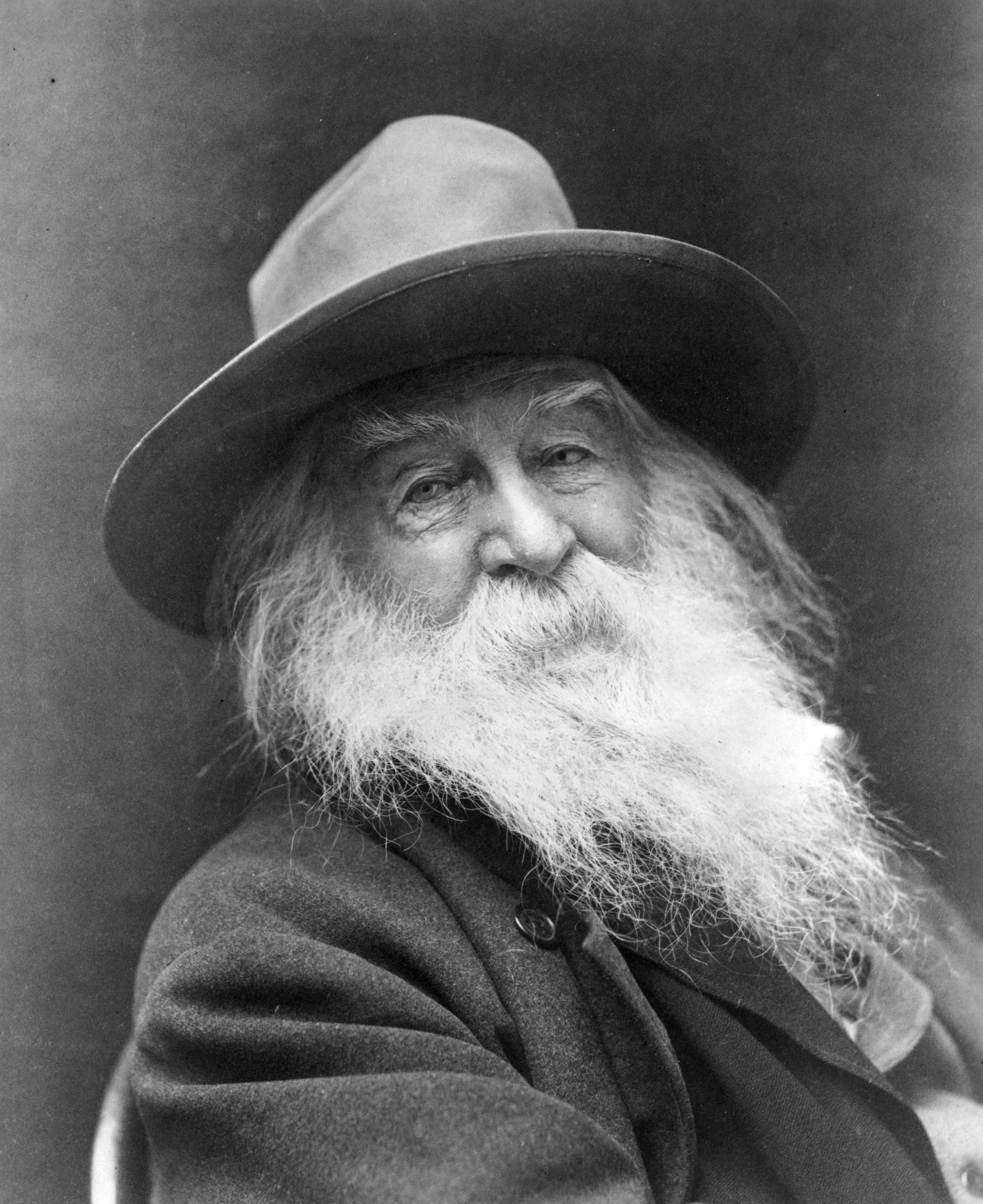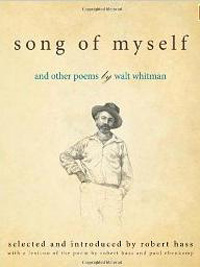
“Song of Myself ” captures in a particular voice and at a particular moment something alive, generous, and hopeful in the developing culture of the United States, and it escaped, almost immediately, the bonds of its fervent nationalism: it became a way forward in the twentieth century for poets all over the world — in Latin America and Russia and Portugal and China and India and North Africa. For all its fame, the poem and the years during which it came into being are something of a mystery — one that has been studied by Whitman’s many biographers. (My favorite is Paul Zweig’s Walt Whitman:  The Making of a Poet) Son of an alcoholic carpenter with a large and troubled family, the young Walt Whitman had only a few years of formal education. He was an office boy at eleven, a journeyman printer at fourteen, a school master in the farm country of Long Island at seventeen, and a journalist for hire at twenty-two in the booming suburb of Brooklyn, where he also became a flaneur, an appreciative stroller, of Manhattan across the river, the new urban world of the crowded and bustling nineteenth century. He churned out newspaper articles and book reviews and theater and art reviews and editorials. He wrote a very mediocre and melodramatic novella on the evils of drink. He was during those years — as he described it — “simmering, simmering.” In 1855, from his reading — English romantic poetry, American poetry and philosophy, German philosophy, history, popular science — from his daydreams, from a brief stint in New Orleans as an editor and the glimpses of the country he got in his travel there and back, from his mother’s Quaker heritage and his father’s workingman’s democratic rationalism, from the air he breathed in the streets of Brooklyn and Manhattan, their commerce and idioms, and from the flood of life he had made it his profession to observe, came this altogether unexpected poem. MORE
The Making of a Poet) Son of an alcoholic carpenter with a large and troubled family, the young Walt Whitman had only a few years of formal education. He was an office boy at eleven, a journeyman printer at fourteen, a school master in the farm country of Long Island at seventeen, and a journalist for hire at twenty-two in the booming suburb of Brooklyn, where he also became a flaneur, an appreciative stroller, of Manhattan across the river, the new urban world of the crowded and bustling nineteenth century. He churned out newspaper articles and book reviews and theater and art reviews and editorials. He wrote a very mediocre and melodramatic novella on the evils of drink. He was during those years — as he described it — “simmering, simmering.” In 1855, from his reading — English romantic poetry, American poetry and philosophy, German philosophy, history, popular science — from his daydreams, from a brief stint in New Orleans as an editor and the glimpses of the country he got in his travel there and back, from his mother’s Quaker heritage and his father’s workingman’s democratic rationalism, from the air he breathed in the streets of Brooklyn and Manhattan, their commerce and idioms, and from the flood of life he had made it his profession to observe, came this altogether unexpected poem. MORE
